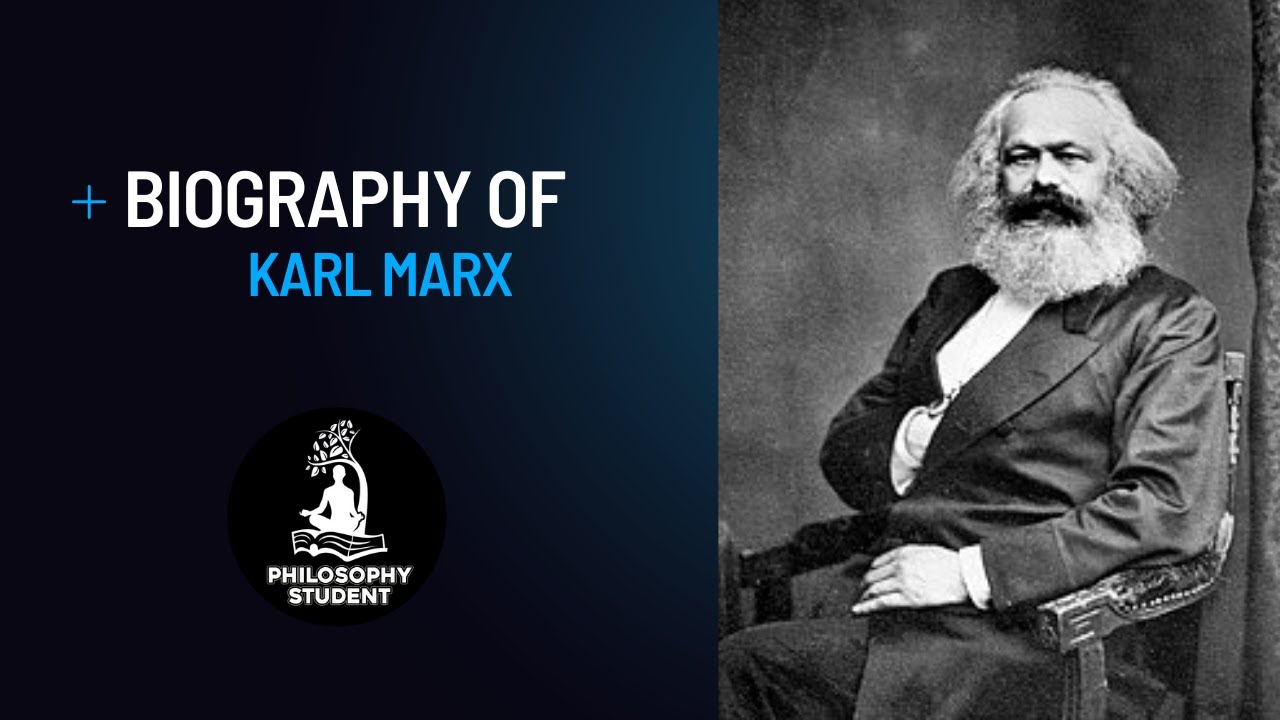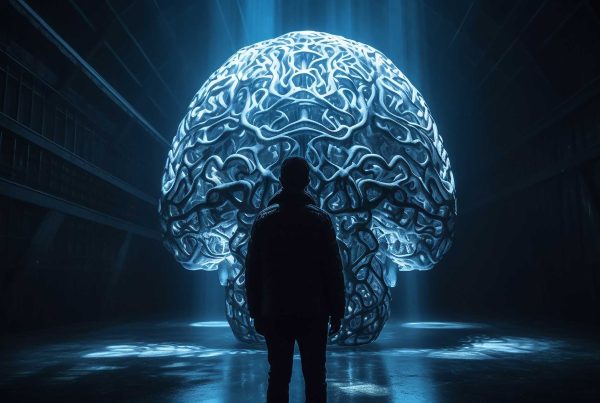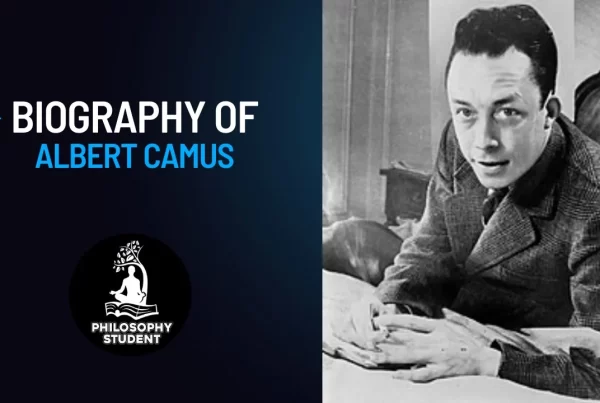At the funeral of Karl Marx, who died on March 14, 1883, poor and mostly forgotten, his friend and collaborator Friedrich Engels (1820–1895), coauthor of The Communist Manifesto, delivered a eulogy. It is a fair statement of what would prove to be the magnitude of this economist-philosopher’s disruptive transformation of social thought:
Just as Darwin discovered the law of development of organic nature, so Marx discovered the law of development of human history: the simple fact, hitherto concealed by an overgrowth of ideology, that mankind must first of all eat, drink, have shelter and clothing, before it can pursue politics, science, art, religion, etc.; that therefore the production of the immediate material means, and consequently the degree of economic development attained by a given people or during a given epoch, form the foundation upon which the state institutions, the legal conceptions, art, and even the ideas on religion, of the people concerned have been evolved, and in the light of which they must, therefore, be explained, instead of vice versa, as had hitherto been the case.
It is significant that Engels compared Marx to Charles Darwin, who explained biological evolution, but it was even bolder for Engels to go on to compare Marx with Isaac Newton. Like Newton, Marx “discovered the special law of motion,” a law “governing the present-day capitalist mode of production, and the bourgeois society that this mode of production has created.” This was a reference to the concept of “surplus value,” which Marx defined as the increase in the value of capital that results when workers add their labor to it. This “surplus value” is commonly called profit, and it is entirely appropriated by the capitalist when the products of labor are sold. In societies in which capitalists own the means of production, workers are exploited by being deprived of any share of the surplus value they create. Thus, the foundation of capitalist civilization is theft and therefore inherently corrupt.
Engels celebrated Marx as a scientist. In a sense, he was what scientists were commonly called even in the nineteenth century—a natural philosopher. Today, he is considered a political philosopher, a philosopher of economics, and a philosopher of history. But Engels’s identification of him as a natural philosopher was also accurate, since Marx’s philosophy put the analysis of politics, economics, and history on a par with natural science. Thus, Marx was a truly transformative philosopher. Even more, his philosophical work had an impact on the “real” world—the world of politics and economics—that the intellectual and imaginative
products of few thinkers ever achieve. He created global revolution and laid the ideological foundation of communism, a political philosophy that argued for an end to nations and nationalities and the beginning of a global commonwealth based on the universal value of labor.
Karl Heinrich Marx was born on May 5, 1818, into a middle-class family in Trier, Germany. His parents were descended from rabbis, but his father, Heinrich, sought baptism as a Lutheran to retain his position as a prominent attorney. Marx set out to emulate his father, enrolling in the Faculty of Law at the University of Bonn. He also became engaged to Jenny von Westphalen, daughter of Baron von Westphalen, who was highly placed in Trier society. But a reading of the works of Claude Henri de Rouvroy, comte de Saint-Simon (1760–1825), a political philosopher who predicted social evolution toward equality based on a universal, international union of working people, stirred his political consciousness. He left the University of Bonn and the study of law to study philosophy at the University of Berlin, where he became a devotee of Georg Wilhelm Friedrich Hegel (1770–1831), especially his analytical method of thesis, antithesis, and synthesis and his concept of the master-slave dialectic. Marx became active in the Young Hegelian movement, which was opposed to Christianity and the Prussian autocracy.
Alignment with the Young Hegelians disqualified Marx from an academic career, so he turned to journalism, becoming the editor, in October 1842, of the Rheinische Zeitung, a liberal newspaper based in Cologne. When his articles offended the Prussian government, the authorities shut down the newspaper, which sent Marx in flight to Paris. There, he edited the short-lived Deutsch-Französische Jahrbücher, which combined the interests of French socialists and radical German Hegelians. He also became a communist and developed a humanist version of communism based on contrasting the alienated nature of labor under capitalism with the engaged state of labor as it would be under communism. In Paris, Marx met Engels, with whom he developed a lifelong friendship and intellectual collaboration
Marx was so vocal in his radicalism that the French government expelled him at the end of 1844. With Engels, he moved to Brussels, where he began studying history in the light of economic theory and Hegelian philosophy. This led him to develop one of his key philosophical concepts, “materialism.” As explained in The German Ideology (composed at this time but published posthumously), materialism viewed history as being created by “the material conditions determining . . . production.”
In Brussels, he also joined the Communist League, and when members convened in London at the end of 1847, they commissioned Marx and Engels to write a declaration of their organization’s position. This was The Communist Manifesto of 1848, the very year in which all Europe was swept by a tidal wave of revolution, in part driven by Marx’s journalism and intellectual presence.
Marx moved back to Paris and then returned to Germany, where he founded, again in Cologne, the Neue Rheinische Zeitung, which took a radical democratic line against the Prussian autocracy. The paper was quickly shuttered, and Marx fled to London in May 1849. Rejoining the Communist League, he wrote two long pamphlets on the 1848 revolution in France and its aftermath, The Class Struggles in France and The 18th Brumaire of Louis Bonaparte. He argued that the revolution would come, just as soon as some crisis ignited it. In the meantime, he and his family—his wife, Jenny, and their four children—lived in abject poverty in London’s Soho.
Marx began work on a radical and comprehensive study of political economy, hoping to articulate the nature of the coming revolutionary crisis. By 1857, he had produced a manuscript of 800 pages, which he called the Grundrisse (“Outlines”) of what he projected as a study of the nature of capital, real property, wage labor, the state, foreign trade, and the world market. Laying aside the Grundrisse, however, he turned to writing Theories of Surplus Value, a three-volume essay in political philosophy, including extensive analyses of the father of capitalist economic theory, Adam Smith (1723–1790), and David Ricardo (1772–1823), one of the founders of classical economics.
In 1867, Marx began mining the material in Grundrisse and wrote the first volume of his masterpiece: Das Kapital (Capital). It was nothing less than a materialist history of Western civilization. The next two volumes, which with the first comprised the complete book, were essentially finished during the 1860s, but Marx would not let them go, and they were published posthumously.
In Capital, Marx developed his philosophical analysis of the relationship of labor to capital and his theory of surplus value, which explained the historical oppression of the proletariat (working classes) by the bourgeoisie (capitalists). Capital predicted the inevitability of the collapse of industrial capitalism due to the inescapable decline in the rate of profit built on surplus value. Marx envisioned social conflict as the playing-out on the world stage of Hegel’s process of thesis versus antithesis. What Marx saw as the crisis of this conflict, a crisis that history itself made inevitable, was the synthesis that would bring an end to industrial capitalism.
Marx became thoroughly obsessed with Capital and its role in guiding a global revolution. In the meantime, he struggled with other writing projects to keep his impoverished family afloat. He devoted much time and effort to the First International Workingmen’s Association—more simply, the First International—to whose General Council he was elected when it was founded in 1864. He became caught up in its internal struggles and the rapid decline of the organization that followed. He saw a ray of hope in the Paris Commune of 1871, but it proved fleeting, and from the early 1870s, Marx was afflicted with deteriorating health. He died in relative obscurity, but the faithful Engels enabled the publication of the complete Capital, which become a philosophical handbook of the communist revolutions that swept through the twentieth century. For a time, during that epoch, half of the world lived under governments proclaiming themselves “Marxist.”




































